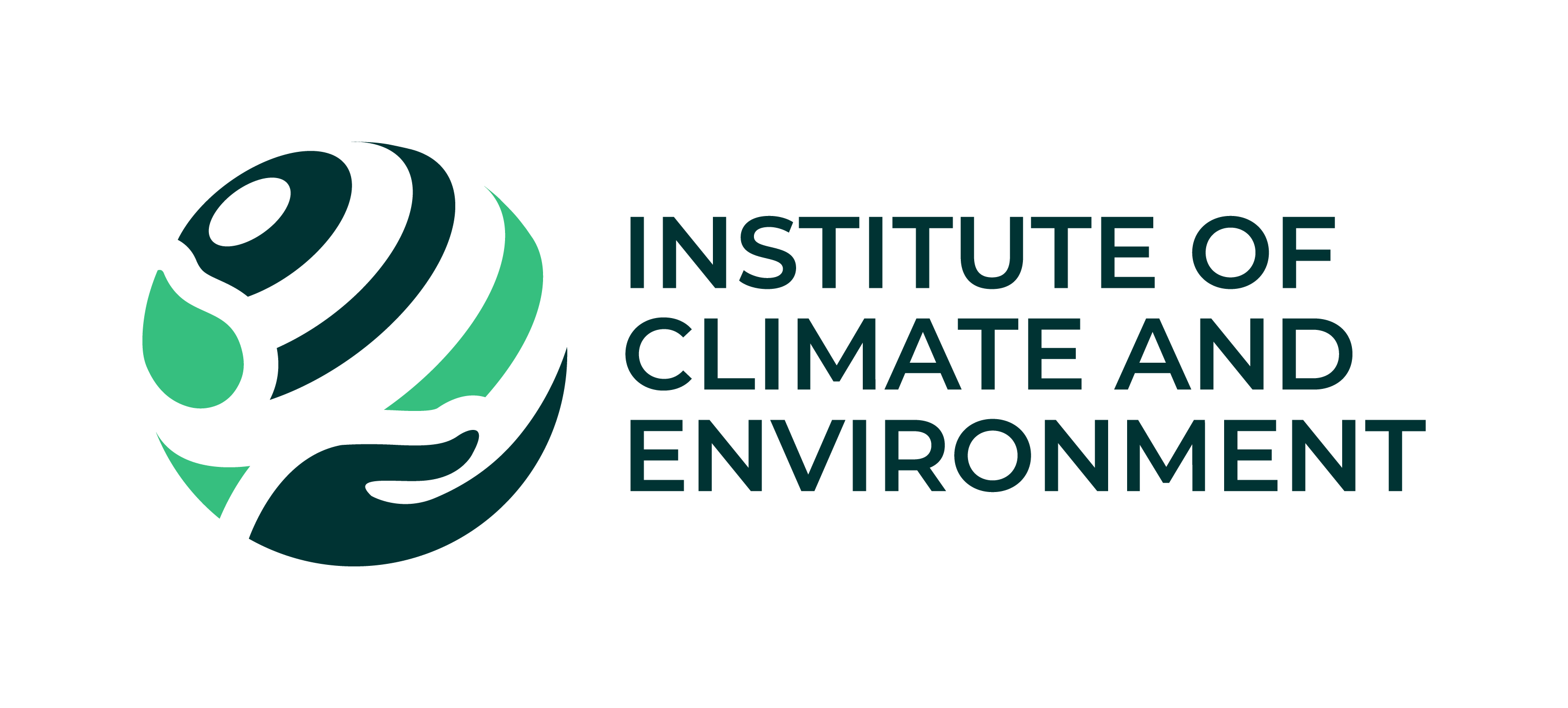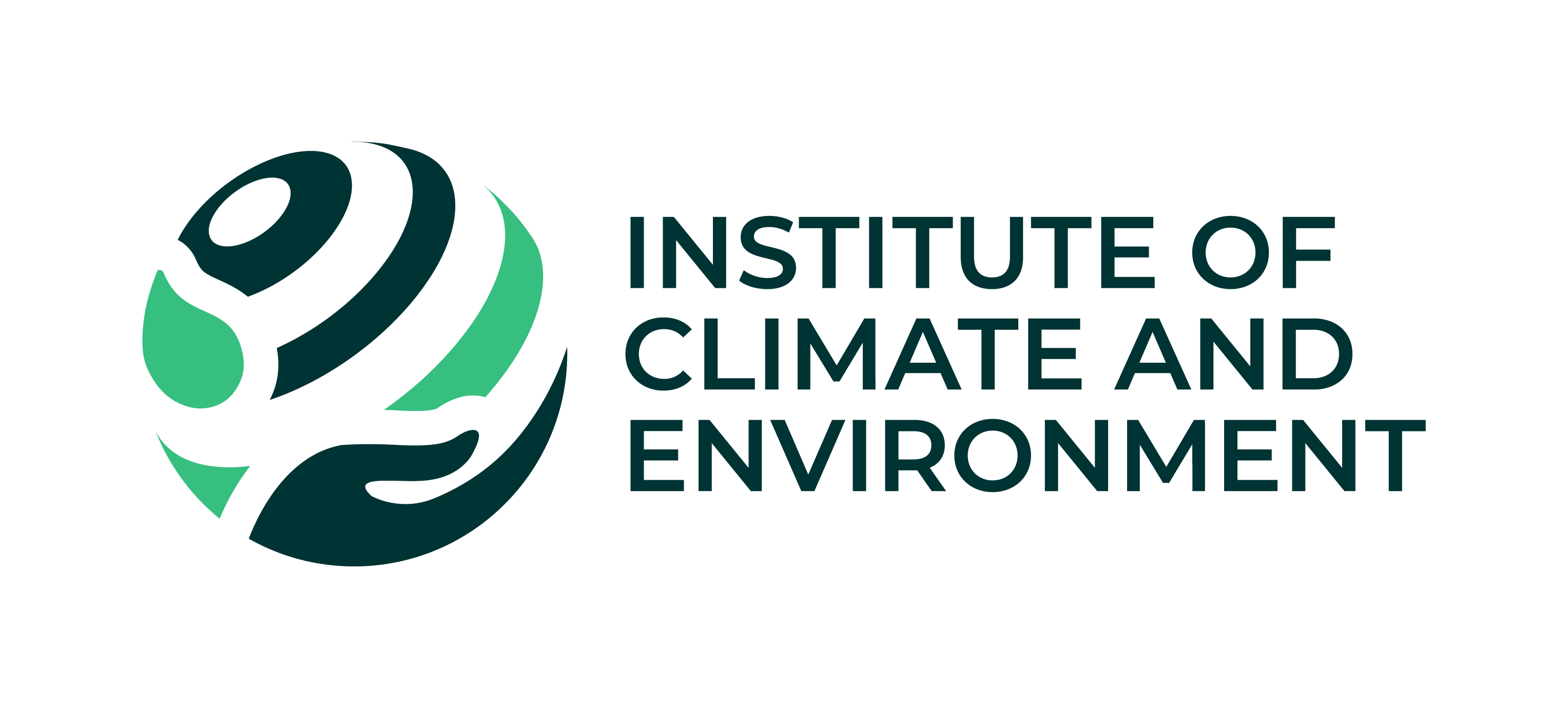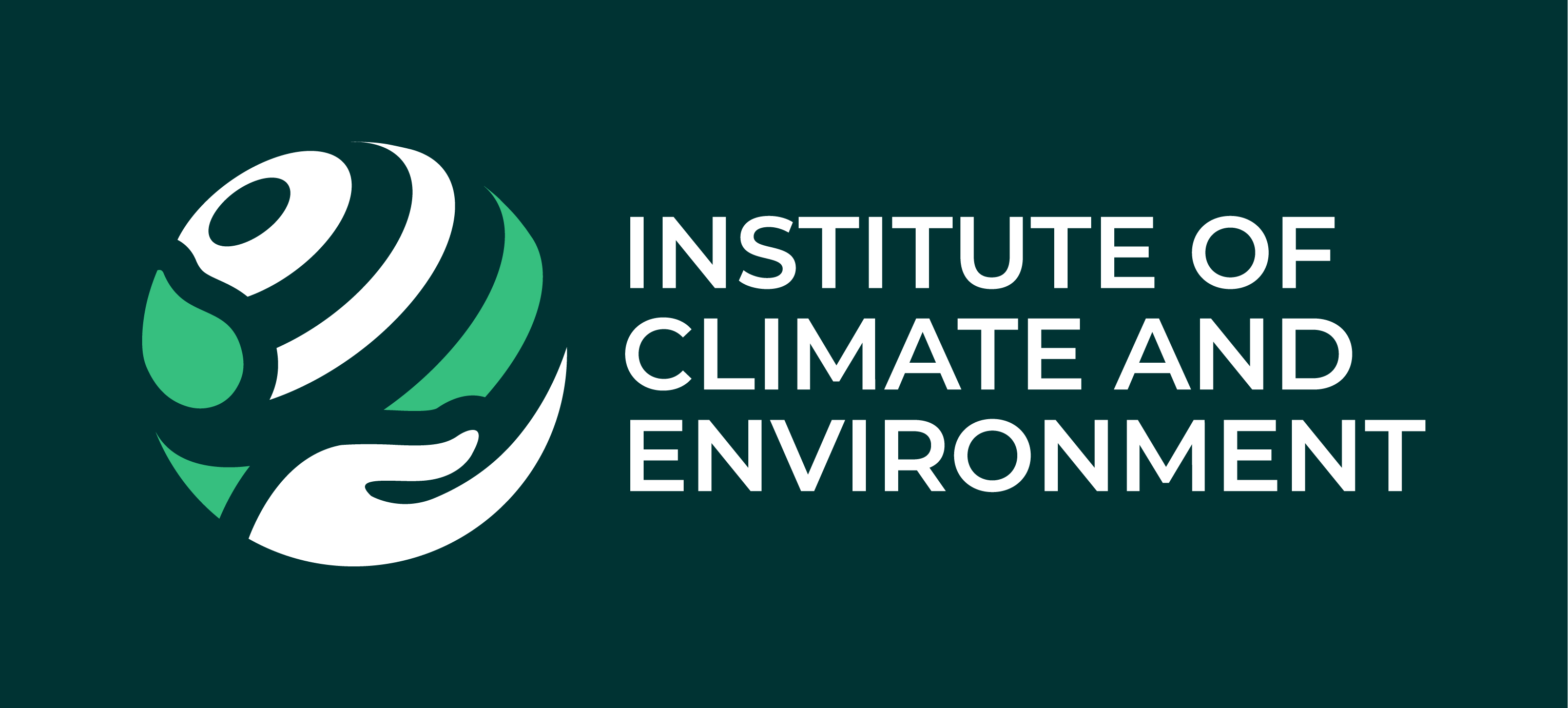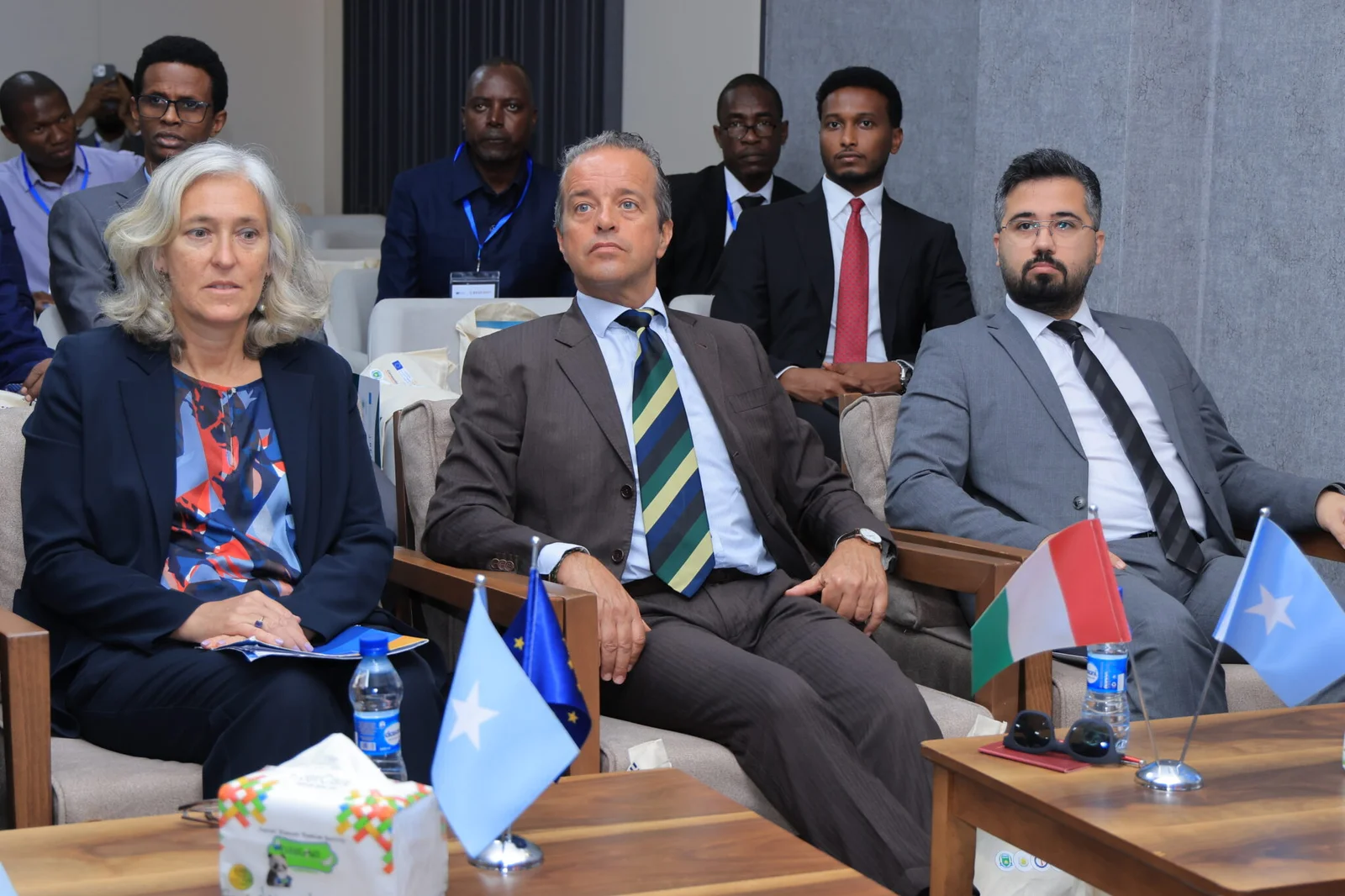
ICE Institute Gains UNEP Accreditation: Somalia’s Climate Voice Reaches the Global Stage
We are thrilled to announce that the Institute of Climate and Environment (ICE) at SIMAD University has officially been accredited by the United Nations Environment Programme (UNEP). This significant milestone places ICE among the recognized global institutions with observer status at the UN Environment Assembly (UNEA) and the Committee of Permanent Representatives (CPR)—UNEP’s highest decision-making bodies.
This achievement not only marks a turning point for the ICE Institute but also signifies a historic moment for Somalia, as we take a bold step toward shaping international environmental governance, amplifying local climate resilience efforts, and promoting African voices in global climate policy.
What This Accreditation Means
UNEP accreditation provides the ICE Institute the opportunity to:
Contribute to regional and global policy dialogue on climate and environment
Access and engage in official sessions of UNEA and its subsidiary bodies
Submit policy inputs, statements, and research directly to UNEP platforms
Participate in Major Groups and Stakeholders Forums, fostering cross-border collaboration
This is not just a win for ICE, but a win for all Somali environmentalists, researchers, youth leaders, and communities who have long been advocating for climate justice, green innovation, and ecosystem restoration.
Somalia and Beyond
ICE Institute has consistently championed locally led climate action. From launching the Green Champions youth initiative, to hosting Somalia’s first Climate Justice Incubator, to driving the Climate Conversation series, ICE has been working at the nexus of research, policy, and community impact.
Now, as an accredited observer to UNEP, ICE will:
1. Share Somalia’s climate realities and policy innovations on a global stage
2. Co-develop and contribute to international frameworks
3. Strengthen collaborations with other accredited organizations, civil society groups, and UN member states
This also means that Somalia’s climate and environment priorities will now be better represented in global processes—from UNEA in Nairobi to COP30 in Brazil.
A New Chapter for Somali Environmental Leadership
This accreditation is not an endpoint—it’s a launchpad. It opens doors to deeper engagements, more inclusive decision-making, and stronger influence in shaping climate futures that are just, equitable, and responsive to the realities of frontline nations like Somalia.
“We are not just participating—we are now shaping the global agenda. This is our time to connect, collaborate, and contribute.” — Mohamed Okash, Founding Director, ICE Institute







